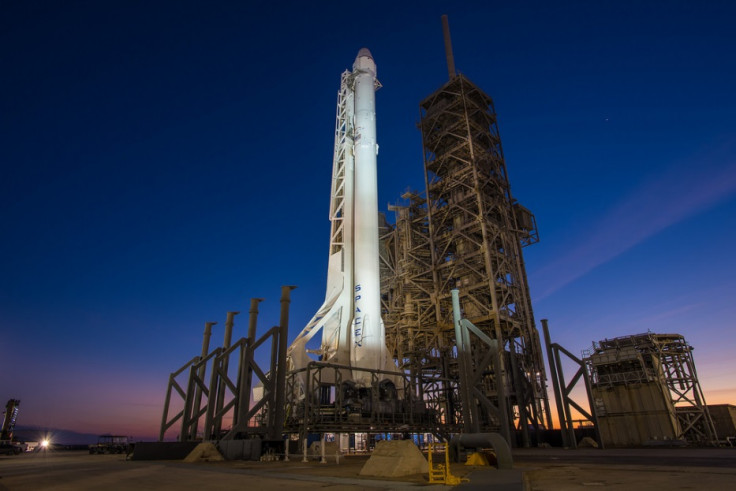Could Elon Musk's Space X Falcon 9 rocket take first private mission to the moon?
European team PTScientists denied chance to go for £20m Google LunarX Prize but build landing module to search for Apollo 17 moon buggy in 2018.
A group of European scientists hopes to make the first private moon landing next year as the race to get to Earth's nearest neighbour hots up.
The engineers, called PTScientists, have built a landing module which can deploy two rovers when it touches down on the moon after hitching a ride with Elon Musk's Space X Falcon 9 rocket.
The rovers will search for a moon buggy left at the site of the final Apollo 17 mission 44 years ago.
The team has been working for a decade on the machines, teaming up with Audi to build the solar-powered rovers.
Its Autonomous Landing and Navigation Moduline (Alina) will carry experiments from other researchers with information sent back to Earth through a high-speed link provided by Vodafone.
Robert Boehme, chief executive of PTScientists, told the Telegraph: "This is a crucial first step for sustainable exploration of the solar system. In order for humanity to leave the cradle of Earth, we need to develop infrastructures beyond our home planet."
Teams are vying for the Google Lunar X Prize, which offers $20m to be the first group to put a probe on the moon which can send images back to Earth. However, because the launch had to be this year, PT Scientists' planned 2018 launch has ruled them out of the running for the prize.
They are the only group planning a working communications infrastructure on the moon, the Telegraph reported.
"With this step we are laying the groundwork for all future moon missions to come," said Hannes Ametsreiter, chief executive of Vodafone Germany.
"When Elon Musk sends his first private passengers to orbit the moon in 2018 or ESA opens the doors of its moon village our Vodafone network will already be there."
Musk has revealed plans to send two paying private citizens on a flight around the moon in 2018 using a Dragon 2 spacecraft

© Copyright IBTimes 2025. All rights reserved.






















